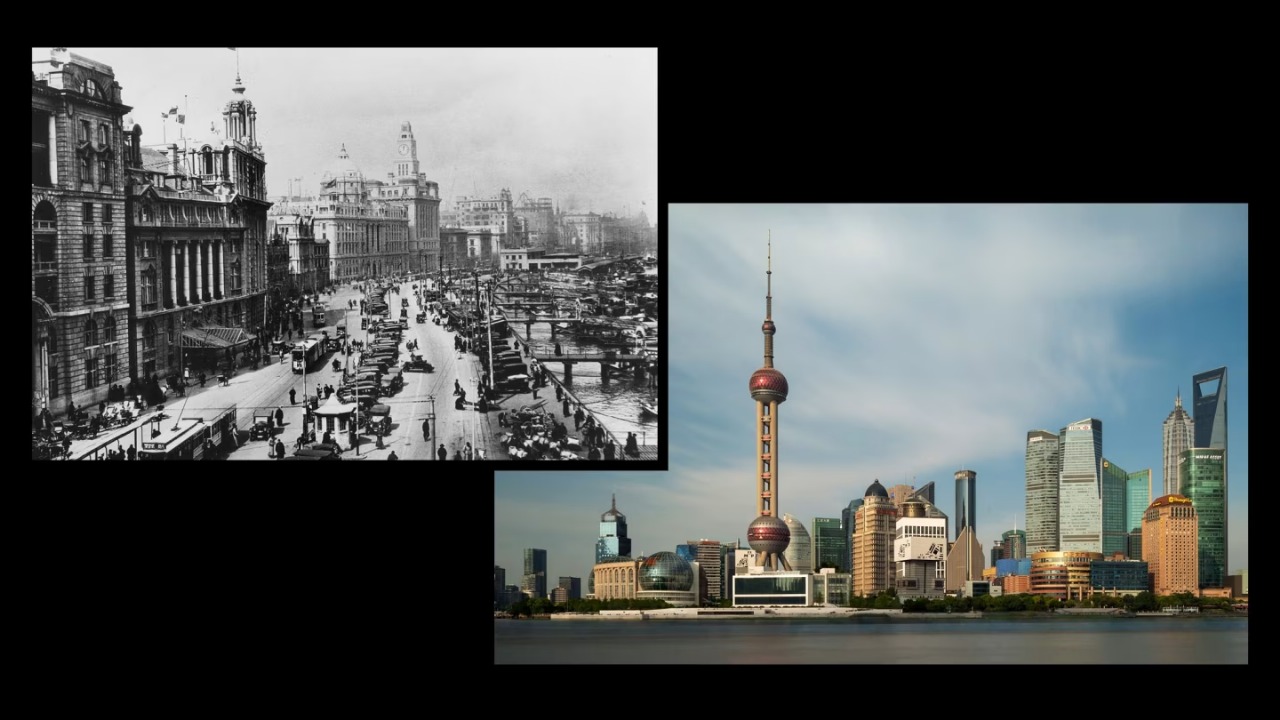The Shanghai Composite Index saw a sharp decline, closing down 7.3% in its largest one-day fall since February 2020. The steep fall indicates increasing investor worries and market volatility, similar to past major falls in Chinese stock markets.
Key Highlights:
Market Volatility: The Shanghai Composite's large fall is part of a larger pattern of volatility in Chinese markets, usually driven by economic policies and investor sentiment.
Economic Factors: The fall could be attributed to economic stimulus hopes, much like recent declines where investors were let down by the absence of full-scale stimulus packages from the Chinese government.
Historical Context: Such steep falls are not new to the Shanghai Composite, which has traditionally been known for high volatility, especially during times of economic instability.
Global Impact: Meanwhile, while Chinese markets face their own challenges, other international markets such as the U.S. remain resilient, tying together the intricate dynamics of regional economic trends with global market forces.
The event reinforces the continuous challenges and uncertainties with China's economic situation, with investors keenly observing any signs of stability and expansion.
Source: Trading Economics, Investopedia, Newsweek.
